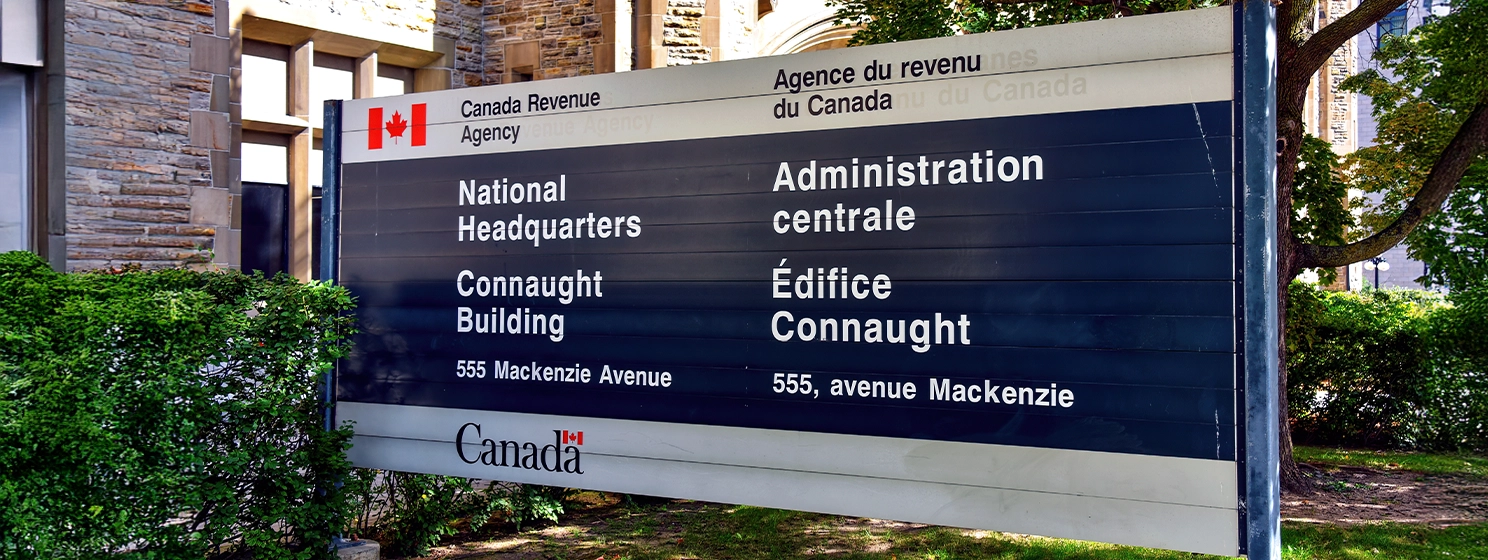|
Getting your Trinity Audio player ready...
|
Making BTC legal tender in El Salvador was a mistake that the government should reverse before it’s too late, one of the world’s largest financial organizations says. In its latest report, the International Monetary Fund (IMF) called on President Nayib Bukele to invalidate its Bitcoin Law that made BTC mandatory legal tender, but Bukele is unmoved.
In its “Article IV Consultation with El Salvador,” the executive board of the IMF noted that the move by El Salvador wasn’t well thought out.
“The adoption of a cryptocurrency as legal tender, however, entails large risks for financial and market integrity, financial stability, and consumer protection. It also can create contingent liabilities,” the directors of the Washington-based organization stated.
This isn’t the first time the IMF has attacked President Bukele’s BTC initiative. In a July 2021 blog post, the organization stated that it was quite concerned about the effect that BTC as legal tender would have on a developing nation. It described the El Salvador move as “an inadvisable shortcut.”
Some other global bodies have made it clear as well that they are against the BTC imposition in El Salvador. The World Bank issued a statement in June 2021 revealing that the Salvadorian government had reached out for help to implement its BTC mandate. However, the organization refused, saying that “this is not something the World Bank can support given the environmental and transparency shortcomings.”
In their latest report, the IMF directors outlined the systemic risks that President Bukele is exposing his citizens to, stating:
“They stressed that there are large risks associated with the use of Bitcoin on financial stability, financial integrity, and consumer protection, as well as the associated fiscal contingent liabilities.”
The El Salvador Bitcoin Law, which Bukele forced through parliament in June last year, made it mandatory for Salvadorians to accept BTC for payments. This imposition led to protests all across El Salvador as the citizens revolted against being forced to use a digital currency whose fees hit $60 as recently as April 2021.
The IMF is one of the many organizations that have admonished El Salvador for forcing BTC on the people. In its latest warning, it urged the government to “narrow the scope of the Bitcoin law by removing Bitcoin’s legal tender status.”
The forced BTC mandate by Bukele has even received criticism from the BTC faction, who acknowledges that he went a little too far. Many have called on him to let the citizens choose BTC for themselves, but if the protests and poor uptake of the Chivo wallet is anything to go by, Salvadorians are unlikely to choose BTC if they aren’t forced to by draconian laws.
Bukele, for his part, has been unmoved on his BTC conviction despite the criticism. The ‘CEO of El Salvador,’ as he describes himself on Twitter, has continued to praise BTC on social media, calling it a tool of liberation.
He has also continued to buy and hold BTC, spending millions of dollars every month on this as he urges his fans to “buy the dip.” This, in itself, goes against his push for BTC to be legal tender as currencies are transactional and are not bought so that they can appreciate in value.
Follow CoinGeek’s Crypto Crime Cartel series, which delves into the stream of groups—a from BitMEX to Binance, Bitcoin.com, Blockstream, ShapeShift, Coinbase, Ripple, Ethereum,
FTX and Tether—who have co-opted the digital asset revolution and turned the industry into a minefield for naïve (and even experienced) players in the market.

 12-13-2025
12-13-2025 





